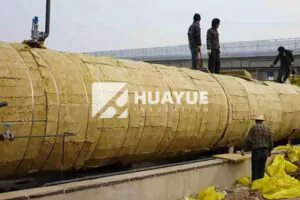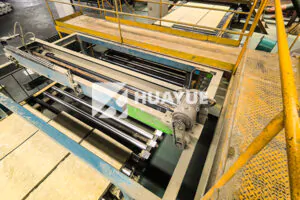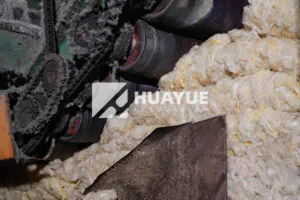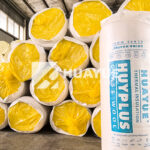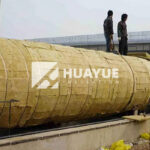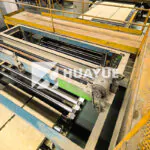What is the difference between Rockwool and mineral wool?
What is the difference between Rockwool and mineral wool?
If you need insulation for your project and wonder if rockwool or mineral wool is best, you’re not alone. It can seem confusing to choose between these two.
Rockwool and mineral wool are closely related insulation materials, but rockwool is produced from pure volcanic rock, while mineral wool blends rock with slag. Rockwool’s higher density makes it more fire resistant.

When I first tried to decide which insulation to use for a tank project, I spent hours reading specs and still felt lost. I know now that the difference comes down to what they’re made of, and what you need most: top fire resistance or other traits like weight and cost. Let’s look at each one in detail.
What is Rockwool, and how is it made?
You might be standing in front of two seemingly similar insulation materials. But rockwool starts with pure rock, and that changes everything.
Rockwool is made by melting volcanic rock at high temperatures. The molten rock is spun into fibers, then pressed into batts, boards, or loose-fill products. Rockwool has high fire resistance because its fibers stay stable even when exposed to very high heat.
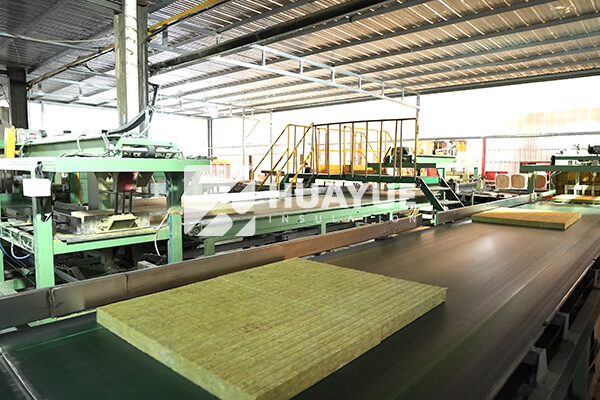
To see what makes rockwool distinct, I broke down the process at HUAYUE. First, natural stones like basalt are melted in large furnaces. Next, this liquid is spun into fibers. The fibers get bonded together and shaped into different forms. What results is an insulation that withstands temperatures over 1000°C without melting or producing smoke. I have often chosen rockwool for projects where fire safety is critical, like chemical plant tank linings. Here’s a table that captures its core features:
| Feature | Rockwool (HUAYUE) |
|---|---|
| Main raw material | Basalt/volcanic rock |
| Fire Resistance | Up to 1000°C |
| Density | High |
| Usage | Industrial, buildings, tanks |
| Water Resistance | Good |
| Sound Absorption | Excellent |
What is mineral wool, and how is it different?
You might wonder, is mineral wool just another name for rockwool, or is there more to it?
Mineral wool includes rockwool but also covers products made from mixing rock with blast furnace slag and sometimes glass. Mineral wool is a bit lighter; it still resists fire, but may not perform at the very highest temperatures like pure rockwool does.
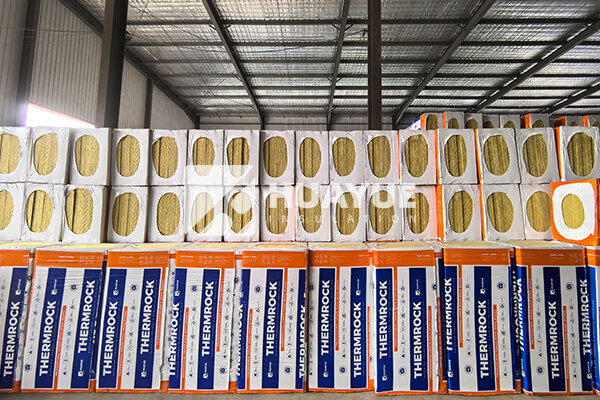
In my experience, HUAYUE’s mineral wool is made by combining crushed stone with molten slag from steel production, then spinning the mix into fibers. This blend reduces costs and can lighten the product. It still offers strong fire performance, usually up to 750–900°C. For projects that need insulation but are tight on budget, I’ve recommended mineral wool, especially when maximum fire resistance isn’t the first priority. Here’s a quick side-by-side:
| Feature | Mineral Wool (HUAYUE) |
|---|---|
| Main raw material | Rock + slag |
| Fire Resistance | Up to 900°C |
| Density | Medium |
| Usage | Industrial, HVAC, construction |
| Water Resistance | Good |
| Sound Absorption | Excellent |
Which should I use for my project?
The choice between rockwool and mineral wool depends on the project’s demands. What matters most for your application?
Choose rockwool if you need top fire resistance, high density, and maximum security. Go for mineral wool if cost is a concern and you still need solid thermal and acoustic insulation.
If I’m working on cryogenic tanks or locations with a real fire risk, I advise rockwool from HUAYUE. It lasts longer and has almost unmatched resistance. When managing office or warehouse insulation, where budgets are stricter and temperatures lower, I often recommend mineral wool. Here’s how I decide:
| Requirement | Recommended Insulation |
|---|---|
| Fire resistance (over 950°C) | Rockwool |
| Cost-effective solution | Mineral Wool |
| High compression strength | Rockwool |
| General acoustic insulation | Both |
Conclusion
Rockwool and mineral wool both insulate and resist fire, but rockwool gives you extra security where it counts. Your choice depends on your project, your budget, and your safety needs.
You may also be interested in:
Ready to Get Started?
Get in touch with our experts for personalized solutions tailored to your needs.
Get Free QuoteLatest Articles
Let's Work Together
Ready to take your business to the next level? Get in touch with our team of experts and let's discuss how we can help you achieve your goals.
Get Free Solutions
